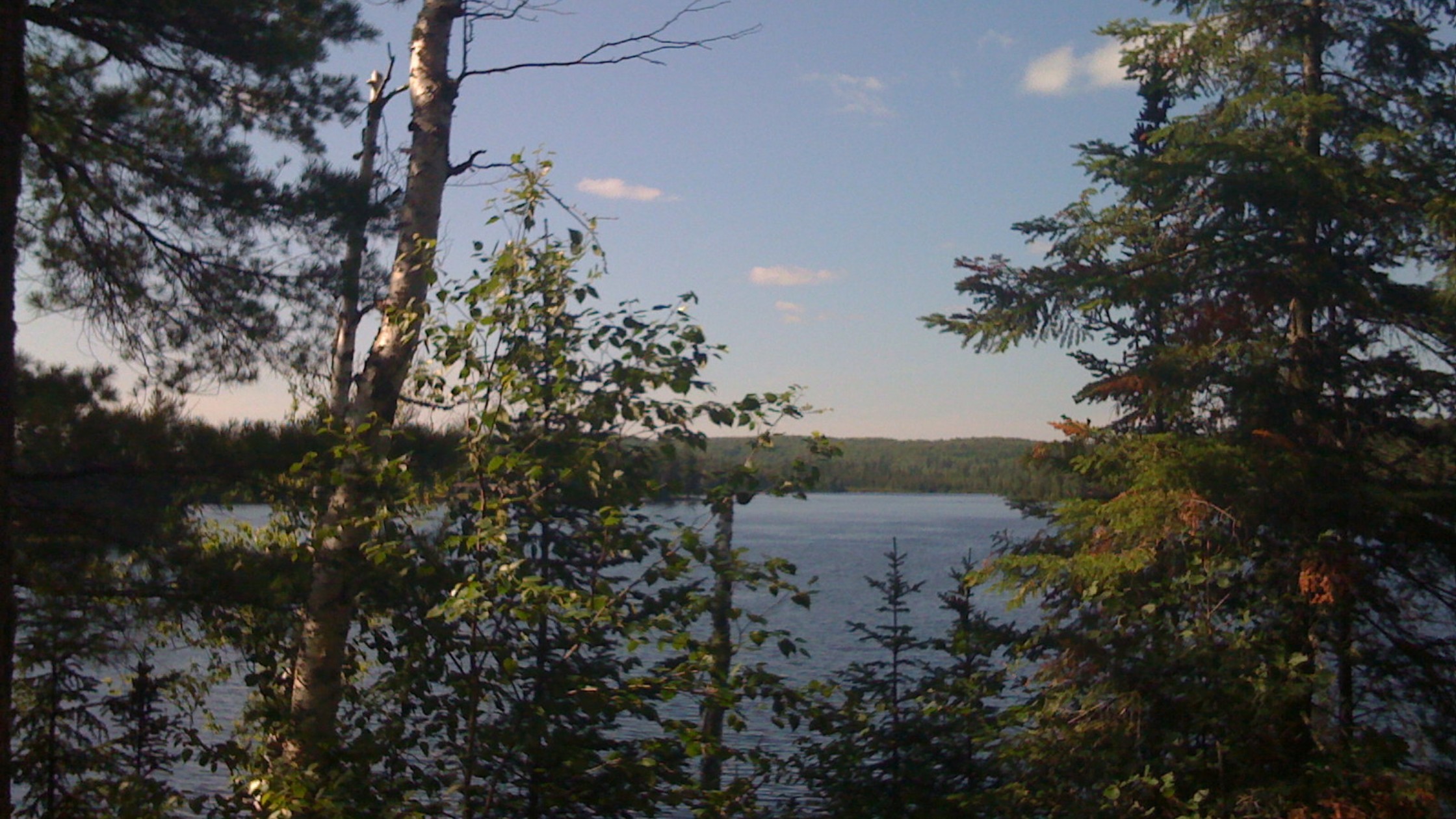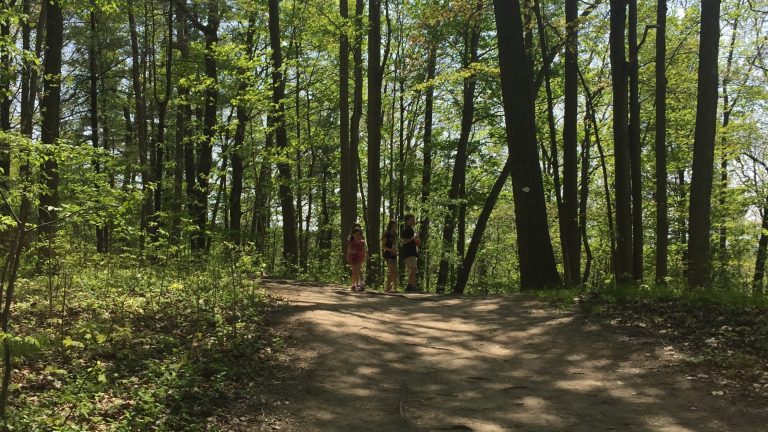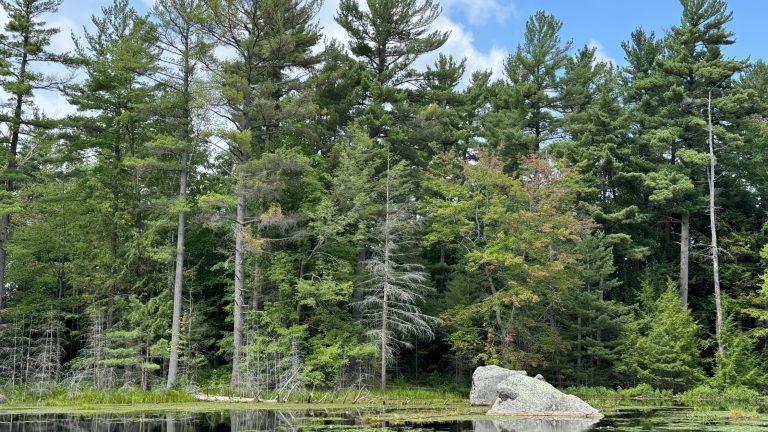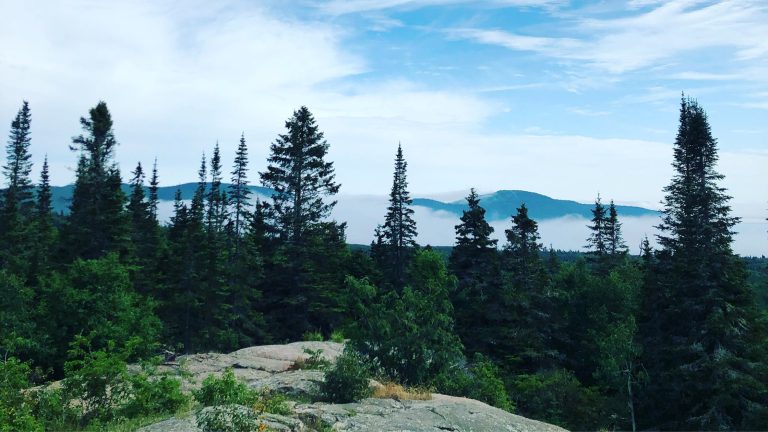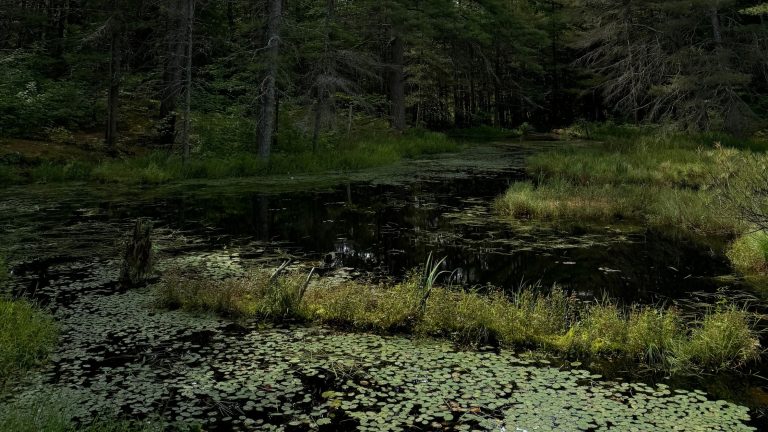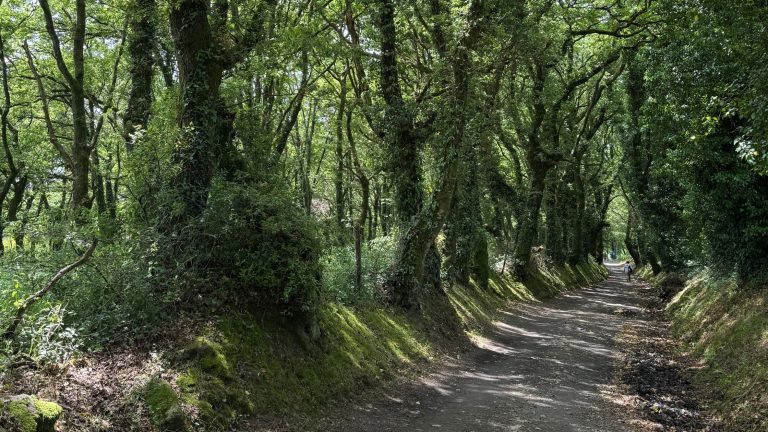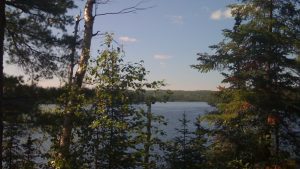The visitor center at Pettigrew State Park in North Carolina is open daily from 8 a.m. to 8 p.m.
Entrance fees are typically $5 per vehicle. Parking is available on-site, with additional fees for certain events or activities.
From Raleigh, take US-64 E for approximately 90 miles, enjoying the scenic views along the way. As you approach the park, follow the signs to your destination, where nature’s tranquility awaits.
Accessibility & permits
Emergency
- Cell service availability:Full
Information not accurate?
Help us improve by making a suggestion.
Discover serene waters and lush landscapes in this hidden gem of outdoor adventure.
Pettigrew State Park, located in the heart of North Carolina, invites travelers to immerse themselves in its stunning natural beauty and rich history. Spanning over 5,000 acres, the park showcases an array of landscapes, from serene wetlands to lush forests, making it a haven for outdoor enthusiasts. Visitors can explore the diverse ecosystems that teem with wildlife, including herons and otters, while enjoying the tranquility of Lake Phelps, the park’s centerpiece.
Adventure seekers will find a wealth of activities at Pettigrew State Park. Kayaking and canoeing on Lake Phelps offer a unique perspective of the park’s picturesque surroundings. Hiking trails wind through the woodlands, revealing breathtaking views and opportunities for birdwatching. The park’s history is equally captivating, with remnants of early settlements and the nearby historic Somerset Place, a former plantation that adds depth to the visitor experience.
Whether you seek relaxation or adventure, Pettigrew State Park provides an idyllic escape. Its combination of natural beauty, recreational opportunities, and historical significance makes it a must-visit destination for discerning travelers.
Top 3 Facts about Pettigrew State Park
In this region, rare species like the red-cockaded woodpecker thrive, while unusual animal sightings include the elusive Eastern box turtle, and during migration events, thousands of birds transform the skies, showcasing the vibrant biodiversity and unique ecological interactions that occur throughout the changing seasons.
In North Carolina, a unique phenomenon occurs where the park experiences sudden temperature drops due to its topography, creating microclimates that can lead to frost even in late spring, while nearby areas remain warm, showcasing the complex interplay of local weather patterns.
Known for its unique trail names like “The Crooked Path,” this park also boasts records in kayaking, with the first documented 24-hour paddle challenge, while unusual rules prohibit the use of drones and smoking, ensuring a serene environment for all outdoor enthusiasts.
Family programs
- Junior Ranger
- Ranger-led Tours
- Workshops & Hands-on Activities
- Living History & Cultural Demos
- Scavenger Hunts
- Night Sky & Astronomy
- Family Camping & Overnight
- Volunteer & Stewardship
- Youth Conservation
- Scouting Partnerships
- Virtual Junior Activities
- Arts & Crafts
- Water-based Adventures
Travel Tips
Plan Ahead
For a seamless outdoor adventure, plan your visit by checking weather forecasts and trail conditions ahead of time. Arrive early to secure parking and enjoy the tranquility of nature before the crowds arrive. Don’t forget to pack essentials like water, snacks, and a map to navigate the scenic trails, ensuring a memorable experience amidst stunning landscapes.
Pack Appropriately
When packing for your visit, include a pair of waterproof shoes to navigate the park’s diverse ecosystems, especially after rain. The area’s unique wetlands can be muddy, and sturdy footwear will keep you comfortable while exploring trails and observing wildlife. Don’t forget insect repellent, as the warm, humid climate can attract mosquitoes, especially during the summer months.
Respect Wildlife
When exploring this beautiful natural area, always maintain a respectful distance from wildlife. Observe animals in their habitats without disturbing them, and avoid feeding them to ensure their natural behaviors remain intact. Bring binoculars for a closer look at birds and other creatures, and remember that your quiet presence enhances the experience for both you and the wildlife.
Stay Informed
Before your visit, stay informed by checking the weather forecast, current temperatures, and any fire bans or safety notices. Share your itinerary with someone, including your expected return time, and ensure you have emergency contact information handy. Being prepared enhances your experience and keeps you safe while exploring the great outdoors.
Seasons
In spring, the park’s old-growth forests and 16,000-acre lake offer a serene retreat, with vibrant wildflowers and towering cypress trees creating a picturesque backdrop for outdoor adventures.
Summer’s warm temperatures and extended daylight hours make June, July, and August ideal for exploring the park’s rich history, diverse wildlife, and abundant recreational activities.
As autumn paints the landscape with vibrant hues, the crisp air and serene waters of this North Carolina park offer an idyllic retreat, making September through November the perfect time to visit.
Winter’s embrace transforms the park into a serene haven, where the tranquil waters of Lake Phelps mirror the clear skies, offering unparalleled opportunities for birdwatching, especially the majestic tundra swans and snow geese that grace the area during these months.
Information not accurate?
Help us improve by making a suggestion.
Nearby parks
Frequently Asked Questions
Ready to dive into what Pettigrew State Park has to offer? Let’s tackle some of the burning questions you might have as you plan your visit!
-
Pettigrew State Park offers a variety of activities including hiking, fishing, boating, and wildlife observation. The park features several trails that provide scenic views of the surrounding landscapes, making it ideal for both casual walkers and avid hikers. Additionally, visitors can enjoy picnicking in designated areas, as well as exploring the beautiful waters of Lake Phelps.
-
Yes, camping is permitted at Pettigrew State Park. The park has a campground with sites available for tents and RVs, equipped with amenities such as picnic tables and fire rings. Reservations are recommended, especially during peak seasons, to ensure availability.
-
Somerset Place has a rich history as a former plantation established in the late 18th century. It was known for its large production of tobacco and served as a significant site for enslaved African Americans. Today, it is preserved as a historic site, offering guided tours that delve into its complex past and the lives of those who lived and worked there.
-
Yes, pets are allowed in Pettigrew State Park, but they must be kept on a leash at all times. Owners are responsible for cleaning up after their pets to maintain the park’s natural beauty. Pets are not permitted in certain areas, such as designated swimming areas or inside buildings.
-
The best time to visit Pettigrew State Park is during the spring and fall months when the weather is mild and the scenery is particularly beautiful. Spring brings blooming wildflowers and vibrant greenery, while fall showcases stunning foliage. These seasons offer ideal conditions for outdoor activities like hiking and fishing.

